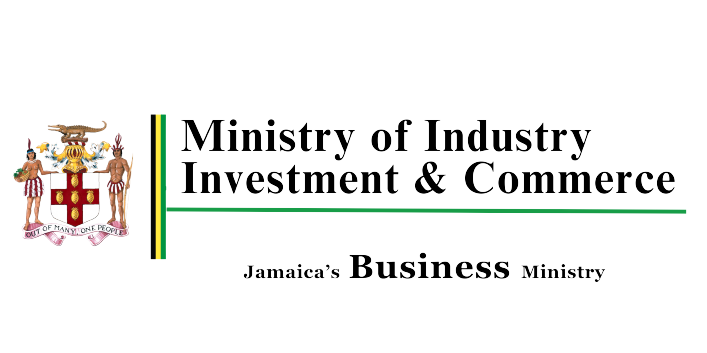-
The Ministry
-
About The Ministry
How to contact the ministry
4 St. Lucia Avenue, Kingston 5, Jamaica
Telephone: (876) 968-7116
Fax: (876) 960-7422
For general enquiries, requests for information, or assistance with ministry services, policies or programmes, contact: information@miic.gov.jm
For assistance with issues related to our online platforms & services, phone lines or digital resources, contact: customerservice@miic.gov.jmOpening hours:Mondays - Thursdays 8:30 a.m. - 5:00 p.m.Fridays 8:30 a.m. - 4:00 p.m.
-
-
Doing Business
- MSME
-
Documents
-
News
-
Search
-







